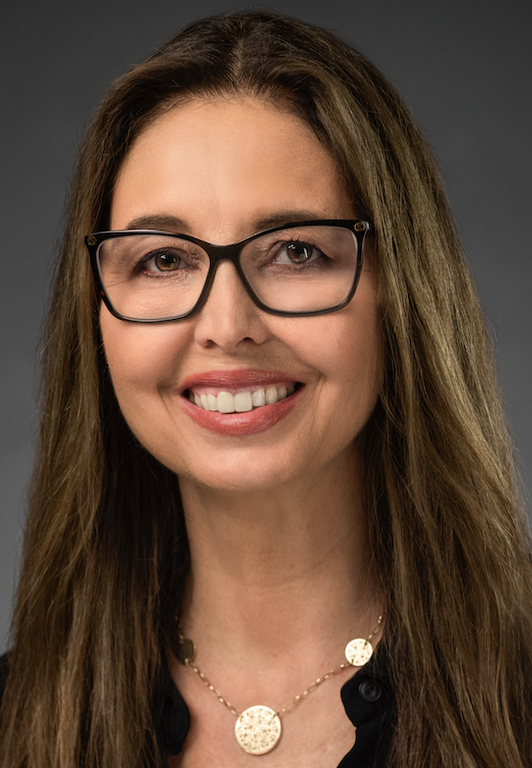Guest column: Washington builds supports amid aging population
Published 8:45 am Monday, November 18, 2024

- Laura Cepoi
Caring for a loved one? You’re not alone. Whether you are assisting a family member with their medications; you drive several hours on Friday to support an aging parent over the weekend with food shopping, meal preparation and other tasks so that they can remain at home safely; or you provide transportation to medical appointments for a neighbor — you are a caregiver.
According to AARP, there are about 820,000 unpaid caregivers in Washington. This month we honor those unpaid family caregivers who help family members and friends with chronic illness, disabilities, and other special needs. Unpaid family caregivers are estimated to provide 770 million hours and over $16 billion in unpaid essential services, and they play a vital role in our long-term services and supports.
Unpaid family caregivers are estimated to provide 770 million hours and over $16 billion in unpaid essential services, and they play a vital role in our long-term services and supports.
In addition to being unpaid, there are costs to being a family caregiver. Many are working-age adults — particularly women — who make career sacrifices to care for their loved ones. Caregivers often take paid or unpaid leave from their jobs, reduce hours, or quit altogether to provide care. Without support, some caregivers struggle with exhaustion, finding time for self-care, in addition to the sadness and grief that come with watching family members lose physical and cognitive abilities.
Without family caregivers, people have limits on their choices of where they want to live and who they live with. That means providing support not only for people who have a long term disability or illness, but also those who care for them.
The population of Washingtonians age 85-plus will quadruple from 2025 to 2050, and unpaid family caregivers are facing workforce challenges and population shifts that decrease the number of family members available to care for their older relatives, comprehensive supports for family caregivers are essential. To help unpaid family caregivers get a break from caregiving, learn new skills, and access self-care and wellness resources, O3A offers programs like the Family Caregiver Support Program, Medicaid Transformation Project, Kinship Navigator program and the Dementia Outreach Program Collaborative.
The population in O3A’s service area is older than most areas of the state and dementia onset correlates with age. O3A is working to destigmatize memory loss and create dementia-friendly communities. We offer training for family caregivers and professionals about the physical changes behind dementia and provide tools and strategies for better communication and ways to address challenging behaviors.
More than half of people over age 50 have a preexisting condition such as cancer, diabetes or high blood pressure that can exclude them from buying private long-term care coverage. To access Medicaid coverage for long term care, people have to spend down their life savings to $2,000 to qualify, which impacts both the individual and the state.
The state is building additional support through the WA Cares Fund, which will help close the gap in long-term care that causes many families to spend their life savings to access care. Many people think these care needs are covered by Medicare or other health insurance plans, but long-term services and supports — like in-home caregiving, care in a facility like assisted living, ramps and grab bars, a bathroom remodel to accommodate a wheelchair or home-delivered meals for someone who can no longer cook — are not covered.
If your loved one has a WA Cares benefit, you will be able to get support as you provide them with care starting in July 2026. WA Cares will help families in whatever way works best for them, from becoming a paid caregiver to respite care or other services and supports.
WA Cares benefits are flexible and can cover paid family caregivers, professional care, home modifications, transportation, meal delivery, assistive devices and more. These essential supports will make it easier for families to access care and give Washingtonians more dignity and independence as we age.
This month we honor and recognize the unpaid family and kinship caregivers who help friends, neighbors and loved ones with chronic illness, disabilities and other special needs.
During Family Caregivers Month and Alzheimer’s Awareness Month, we hope people will take the time to learn more about the services that are available and reach out for help if they need it. We have so much respect for what family caregivers do, and we want to honor them by providing support.
To learn more about O3A’s services, visit o3a.org. To learn more about the WA Cares Fund, visit wacaresfund.wa.gov.




